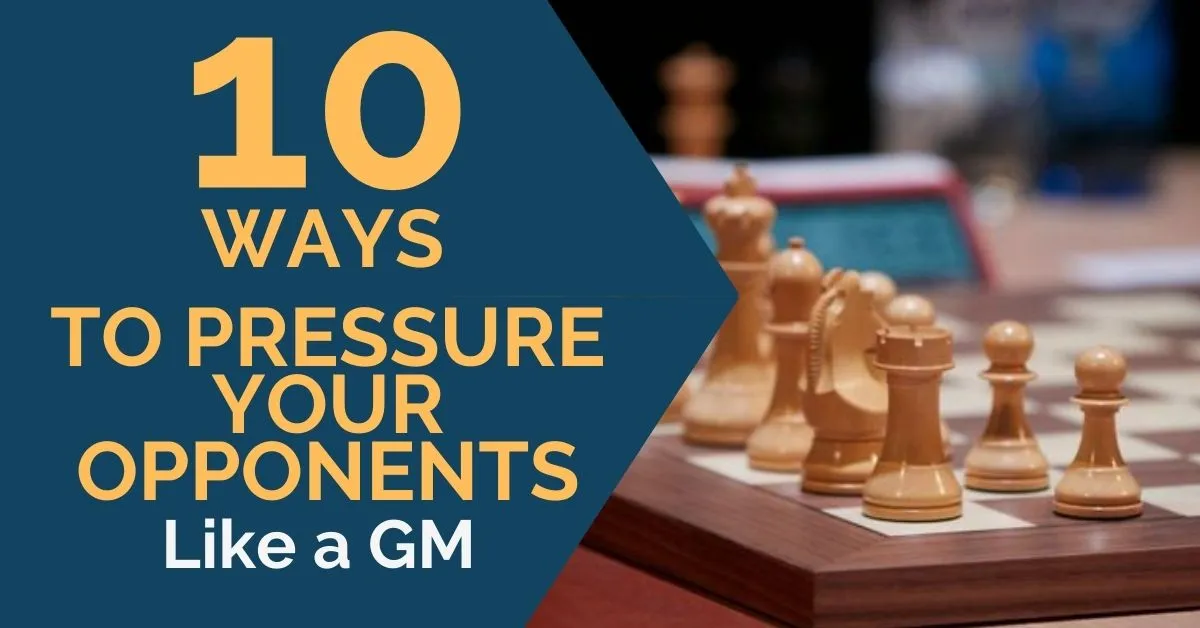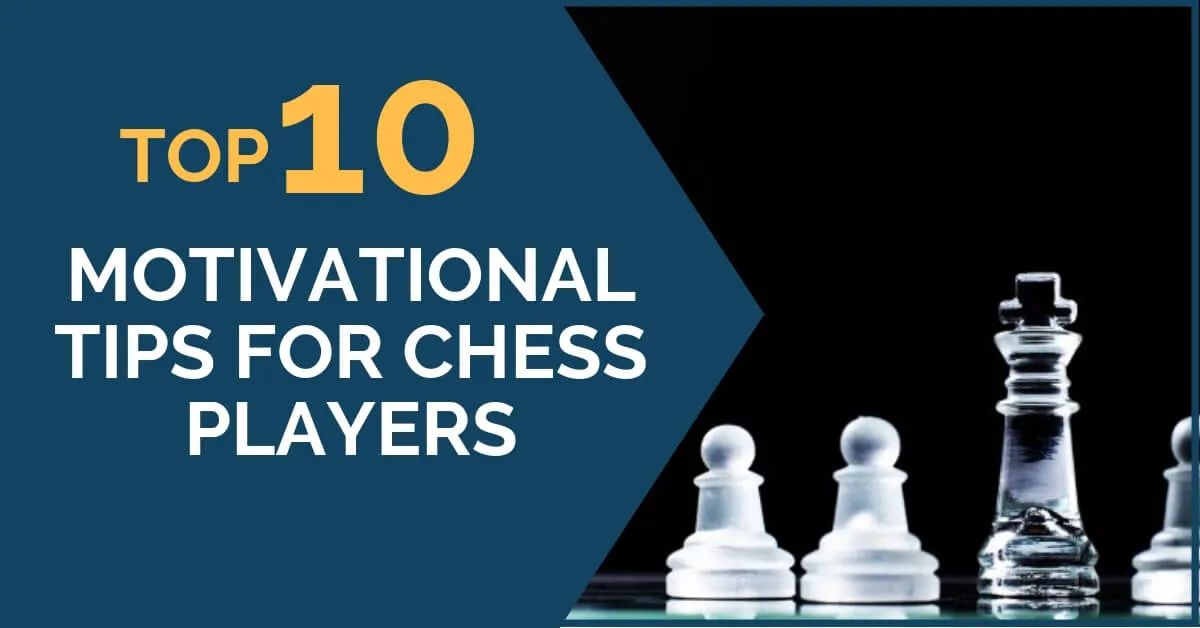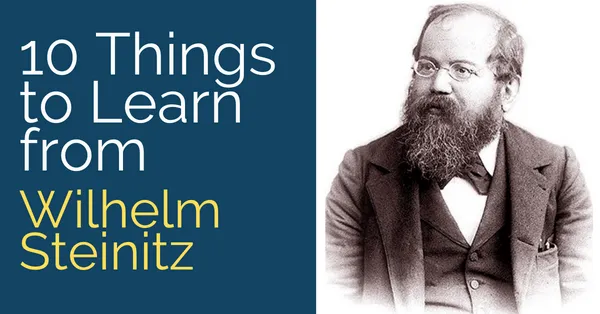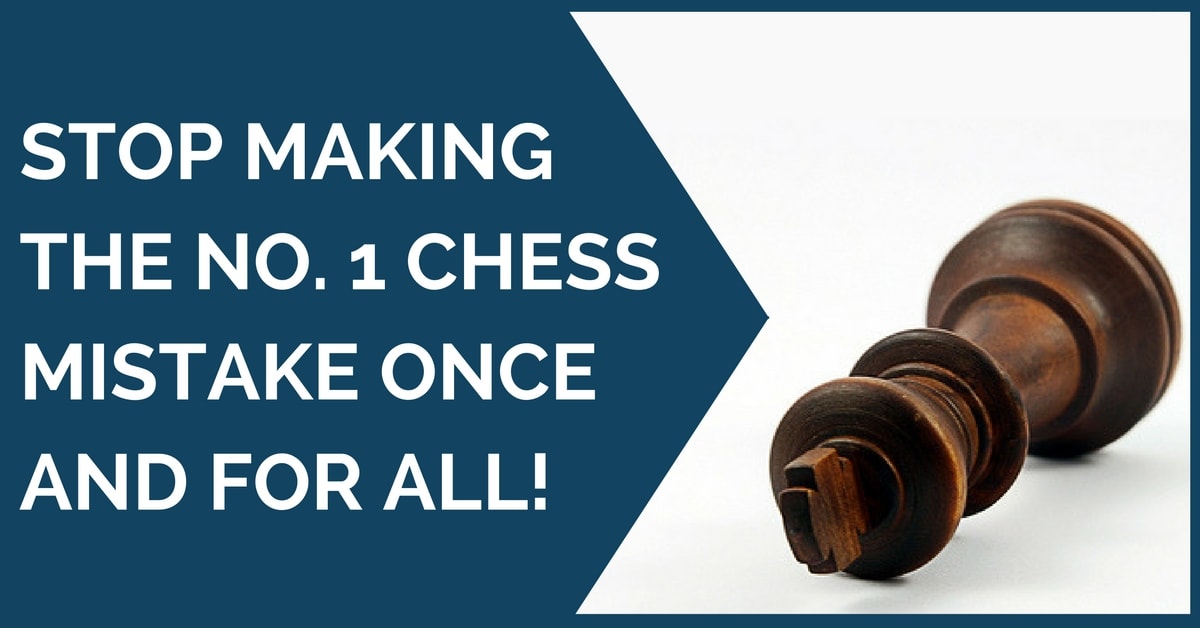10 Ways to Pressure Your Opponent

Chess is a game that’s played on and off the board. On the board, players have to show their skills, understanding of different positions, pawn structures, tactical motifs, and much more. However, that’s not the only war. Chess is also played at a psychological level; the mindset you enter a game with is of great importance and can influence the course of the game. Emotions play a big part in the game and they can sometimes make us see threats that don’t really exist on the chessboard. The way you approach the game and the respect (chess-wise, e.g if you consider he/she is a much stronger player than you are) you have for your opponent will also show in the game. So, how can you use the psychological part of chess to your advantage and put more pressure on your opponent?
In my opinion, it all starts way before the game, when you find out the pairing and start preparing for the round. At this point, you’d probably go through some of your opponent’s games to see what openings he/she plays and prepare against it. This brings me to the first point:
1.Get to know your opponent
Looking at someone’s games is not only about understanding their opening repertoire. It can help you a lot if you go through their full games and try to understand their decisions – notice their reactions (moves) to different situations; does he/she feel comfortable in messy positions?; does he/she tend to blunder in such situations?; does he/she prefer quiet positions? And so on. If you look deep enough, you will be able to understand your opponents and even predict their moves during the game.
2.Take the game to a territory they feel most uncomfortable in
This is exactly the reason why the first point is very useful, even necessary. If you know your opponent, you will be able to drive the game to a position he/she doesn’t feel comfortable in. These kind of positions are of course the ones your opponents will feel more pressure in and are most likely to go wrong.
3.Choose the right opening
This is one of the main reasons why you need to study your opponent’s games – to choose a suitable opening or try to find “holes” in their preparation. If you can find them, that’s great and could bring you a fast point. If everything looks solid, but you have a choice, you could always go for the openings or lines they score badly against or seem to feel uncomfortable in.
4.Confidence
Go into the game with confidence and show it on the board. Don’t go into defensive mode without an apparent reason and don’t be afraid to make moves forward, even against higher rated opponents. Take all the space you can get and let your opponent feel that you have nothing to fear and you are there to put up a good fight.
5.Look for ways of getting the initiative
Having to defend against threats and constantly be on the look for tricks can be tiring for your opponents. The pressure is high; sometimes there are only moves to be found and that is a difficult task for a human.
6.Set up traps
This doesn’t mean going for obvious threats, hoping that your opponent won’t see them, but giving him/her the chance to go wrong. This ability has a lot to do with imagination and seeing hidden tactical ideas, but it is something you can train.
7.Keep cool and composed at all times and be on the look for active ideas constantly
Swindles happen all the time and many players put them on account of blunders. In the end, to lose a winning position, a blunder has to happen, but you can “help” in this matter. This kind of “push” comes exactly from active and imaginative play.
8.Poker face
Not an easy thing to do, especially in positions with material imbalance, but highly important. We go through a series of emotions during a chess game and that is normal, but don’t show them. A calm attitude can make your opponent feel unease, especially in a difficult position.
9.Have patience
In many positions doing nothing and just maneuvering around is the answer. Here I’m talking about positions where you are in control and your opponent can’t find any active continuations. Such positions are incredibly difficult to play for humans and usually more inaccuracies will follow, making your path to getting a full point much easier.
10.Play for compensation
In some positions, you could consider giving up material for long-term pressure. I’m not talking about unsound sacrifices, but unclear ones, that make the position tense and ultimately give you a lot of activity.
Psychology is a delicate part of chess and unfortunately, some players misunderstand the extent to which they should use it. If you want to put pressure on your opponent, make sure you do so on the chessboard and with your attitude towards the game, but keeping your respect and fair play towards your opponent.
Learn to Pressure Your Opponents Like a GM!
Danish GM Jesper Thybo is here to show to you, through his own 20 real game examples, how a grandmaster actually thinks before making a move and how he puts his opponents under a 100-ton strategic hydraulic press!
His brand-new course Pressuring Your Opponent Like a Grandmaster is over 9 hours long, with supplementary PGNs and a practicum for life!











Comments: